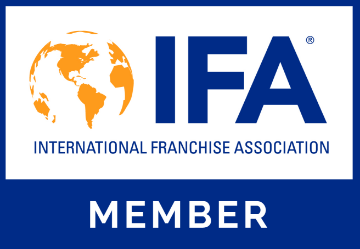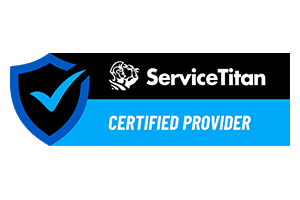The Importance of Earned Media Strategy and Media Relations
In today’s competitive landscape, media relations and earned media are essential to marketing and communications strategies. According to Senior Communications Strategist Lara Plathe, “earned media can help support a campaign or brand awareness by further expanding the messaging to reach additional audiences. It provides the opportunity to tell a little more of the story, provide additional education and when possible, involve real-life examples that helps the audience resonate with the messaging.”
Integrating both elements into your marketing and communications strategies will be a touchpoint for audiences to see and keep your company’s messaging at the top of their mind.
Developing an Effective Earned Media and Media Relations Campaign
When it comes to developing an effective earned media or media relations campaign, the first step is understanding your goal. Whether it’s general brand awareness, company or product announcements, or an advocacy campaign, having a clear objective is crucial.
“There are several factors to consider,” says Plathe. “These include the number of placements, reach or impressions, sentiment, or key messaging.”
- Number of Placements: Track how many news stories were picked up by the media.
- Reach/Impressions: Measure the number of people who potentially viewed, read, or listened to the news story about your business or organization.
- Sentiment: Assess whether the coverage was positive, neutral, or negative. This is especially helpful when comparing coverage to competitors to monitor each brand’s reputation.
- Key Messaging: Track how many of your key messages came through within the news story.
You also need to ensure you’re following these steps when developing your strategy for media relations and earned media.
- Identify Key Audiences: Determine which media outlets and contacts will best reach your target audience, categorized by geographic location, industries covered, or interests.
- Understand Your Messaging: This will help you brainstorm potential story ideas.
- Develop an Editorial Calendar: Plan for the year, considering any seasonality that will determine when a specific story should be pitched or distributed.
- Prepare Subject Matter Experts: Ensure spokespersons are ready to speak with the media and effectively convey your company’s expertise.
- Utilize Media Outlets’ Editorial Calendars: Check if any topics are relevant to your expertise and offer to serve as a resource.
Tailoring Your Strategy for Different Audiences and Staying Ahead of the News Cycle
Tailoring your strategy for different audiences or markets is crucial. “People feel a stronger connection when it feels closer to home, whether geographically or by interests and careers,” says Plathe. “Ensure the messaging and content you develop are relevant and applicable to the audience.”
But you won’t be able to execute your strategy unless you stay ahead of the news cycle and ensure timely responses to journalist or media inquiries. It always helps to have a clear understanding of what you can effectively speak on. This can be knowing who within your company is available and appropriate for speaking with the media, and which topics are most applicable for them to speak on. Keeping consistent internal communication will also help you know what’s going to be important to your audience and how it might impact them. While your team may not directly link information they have to a potential news story, keeping that communication consistent will help you know what’s important to your audience and how it might impact them. If you stay consistent in communications and remain flexible, your company can provide important information and adapt to any news cycle pace.
Building and maintaining trust with journalists and media contacts will also add to successful media relations. If you’re able to pitch newsworthy stories, stay responsive and understand when you might not be the most appropriate resource, you’ll be able to retain good standing relationships with media contacts and journalists. By following these strategies, you can ensure your earned media and media relations efforts are well-tailored, timely, and trustworthy, ultimately enhancing your brand’s reputation and reach.
The Importance of Strong Media Relations and Earned Media for Your Brand’s Success
Strong earned media and media relations are vital because they provide additional credibility and help build a stronger reputation. “Hearing stories and learning more about your company from a third party provides additional credibility and helps build a stronger reputation. Think about how you might feel differently about a product if you are hearing about a product directly from the company or if you hear about its benefits from a friend or colleague,” says Plathe.
Incorporating media relations into your marketing strategy can help extend the reach of your messaging to get in front of your audience.
Lara Plathe is the Senior Communications Strategist at Strategic America (SA). Learn more about our PR services.






